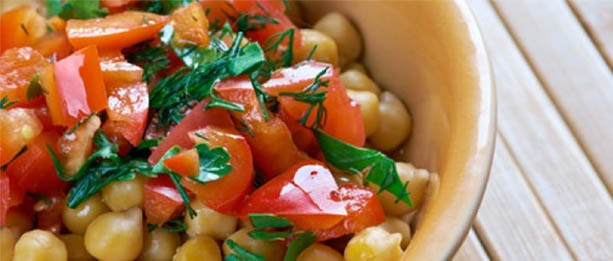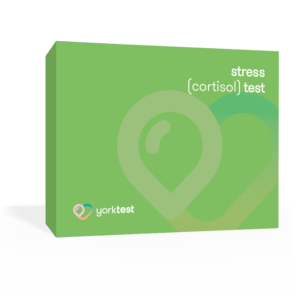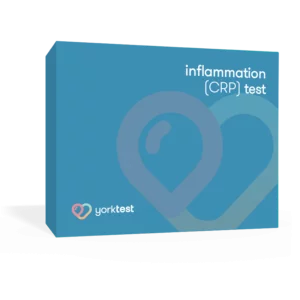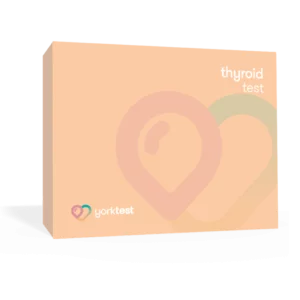Chickpeas, also known as Garbanzo beans, are a pulse with a long history of consumption. Traces date back over 7,000 years leading to them being known as one of the world’s earliest cultivated foods. They are a common ingredients in a great variety of cuisines, especially common in south and east European, Northern African, Middle-Eastern and Asian food. In the UK they are best known as core ingredients in Hummus and Falafel. With a high level of protein and fibre, and low fat content they are a staple in a healthy diet.
However, there are some problems associated with chickpeas. Some people may find themselves allergic or intolerant to these legumes.
Chickpeas contain proteins, similar forms of which are found in soy beans, which may trigger an immune response from the body. For those with allergies, visible and common reactions include:
- Skin reactions such as eczema and hives
- Nasal congestion and Asthma which may be visible through shortness of breath, difficulty breathing and a feeling of tightness in the chest
- Anaphylaxis -in the most extreme cases anaphylaxis – made visible by a drop in blood pressure, facial swelling, increased heart rate and dizziness – may occur
Chickpea allergy or intolerance?
Unfortunately, even if you are not allergic to chickpeas, you may still react to them if you have food intolerance; the symptoms for this tend to have a slower reaction time and any symptoms involved are not life-threatening. However, being intolerant to chickpeas can still have a negative impact upon a person’s life.
Chickpea intolerance symptoms
Just a few of the uncomfortable symptoms include:
- Acne
- Bloating
- Eczema
- Headaches
- IBS
- Itchy skin
- Respiratory problems such as a runny nose
- Tiredness and fatigue
Chickpeas are also a high FODMAP which can be very significant if you suffer from IBS.
So what does this mean for your diet?
If you suffer from an allergy you must cut chickpeas out of your diet. This also applies if you suffer from intolerance and have a high level of sensitivity. If your sensitivity is lower, you may be able to avoid the negative symptoms of food intolerance simply by reducing your intake of chickpeas. Whether you have high or low sensitivity differs on an individual basis as people react differently to food intolerance.
There can be crossovers between a chickpea allergy and chickpea intolerance so if you have these symptoms and want to find out more, try our test which will tell you if IgG antibody reactions to food are found in your blood, indicating food intolerance.
Got some more questions about food intolerance? Our friendly experts will be able to help you find out more.
Choose the test that’s right for you
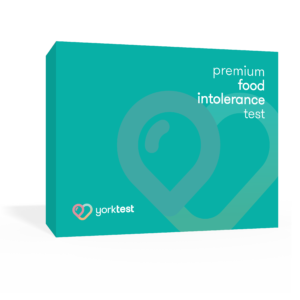

Our Premium Food Intolerance Test tests reactivity to over 200 food and drink ingredients, with chickpeas included. If you feel unwell after eating chickpeas, it could be that you have an intolerance.
Take a Premium Food Intolerance Test today to identify which foods you may be reacting to.


